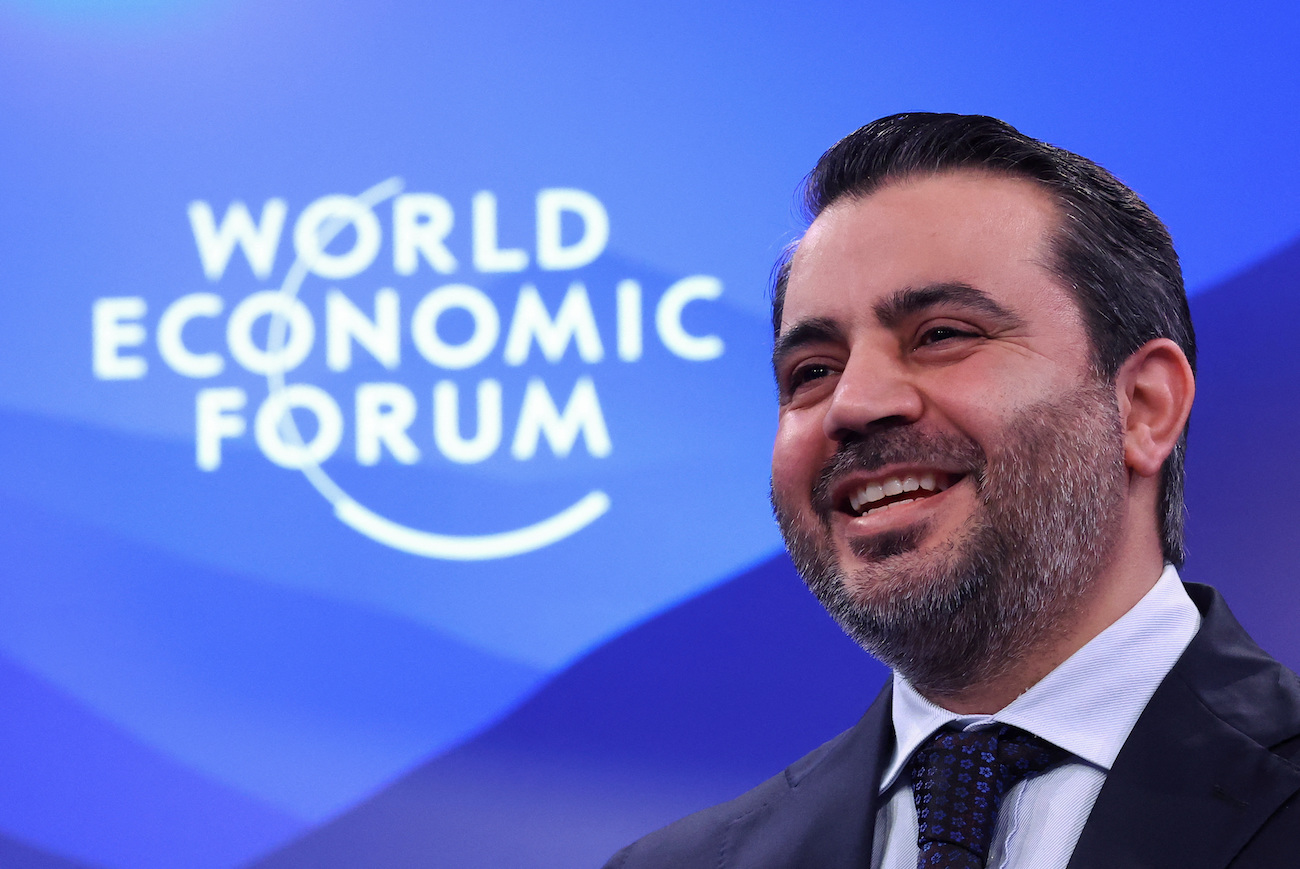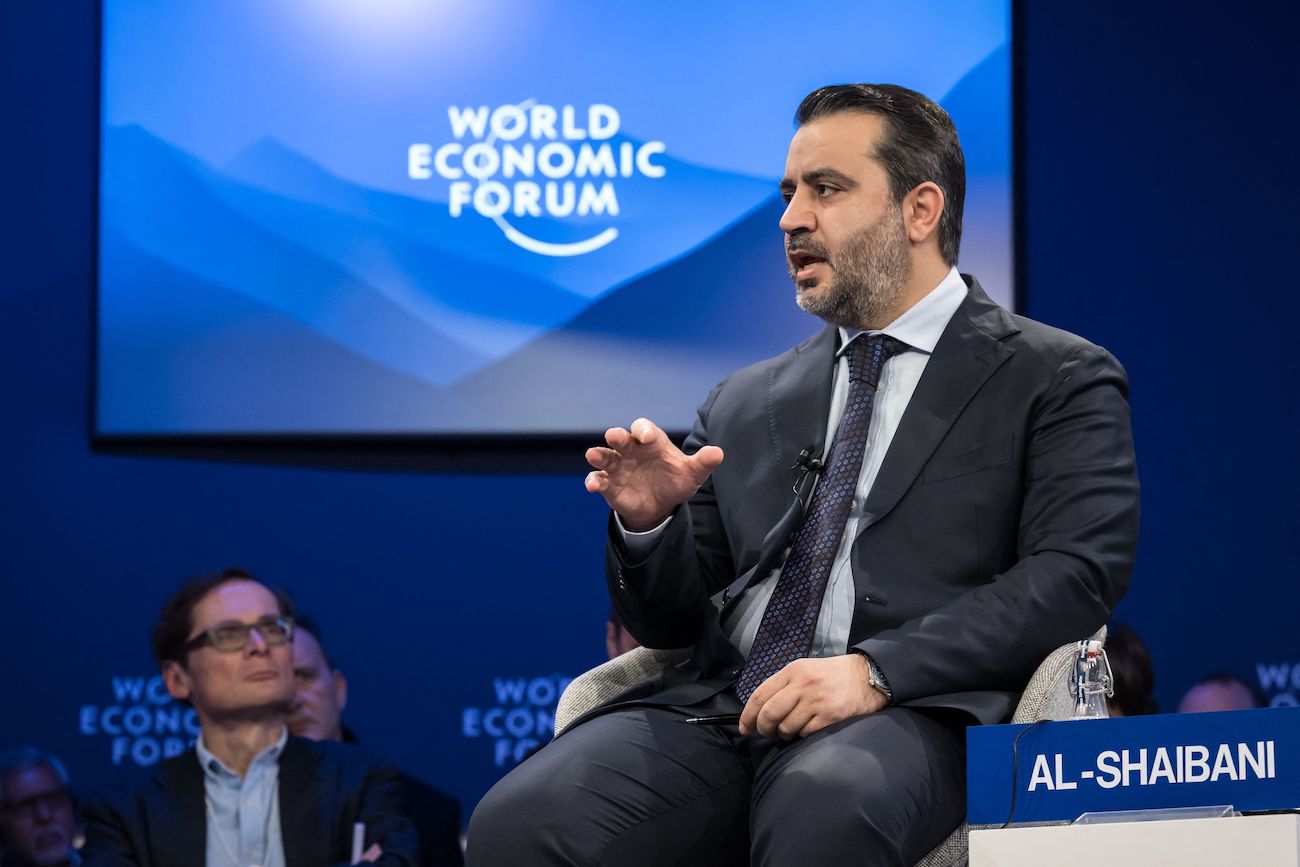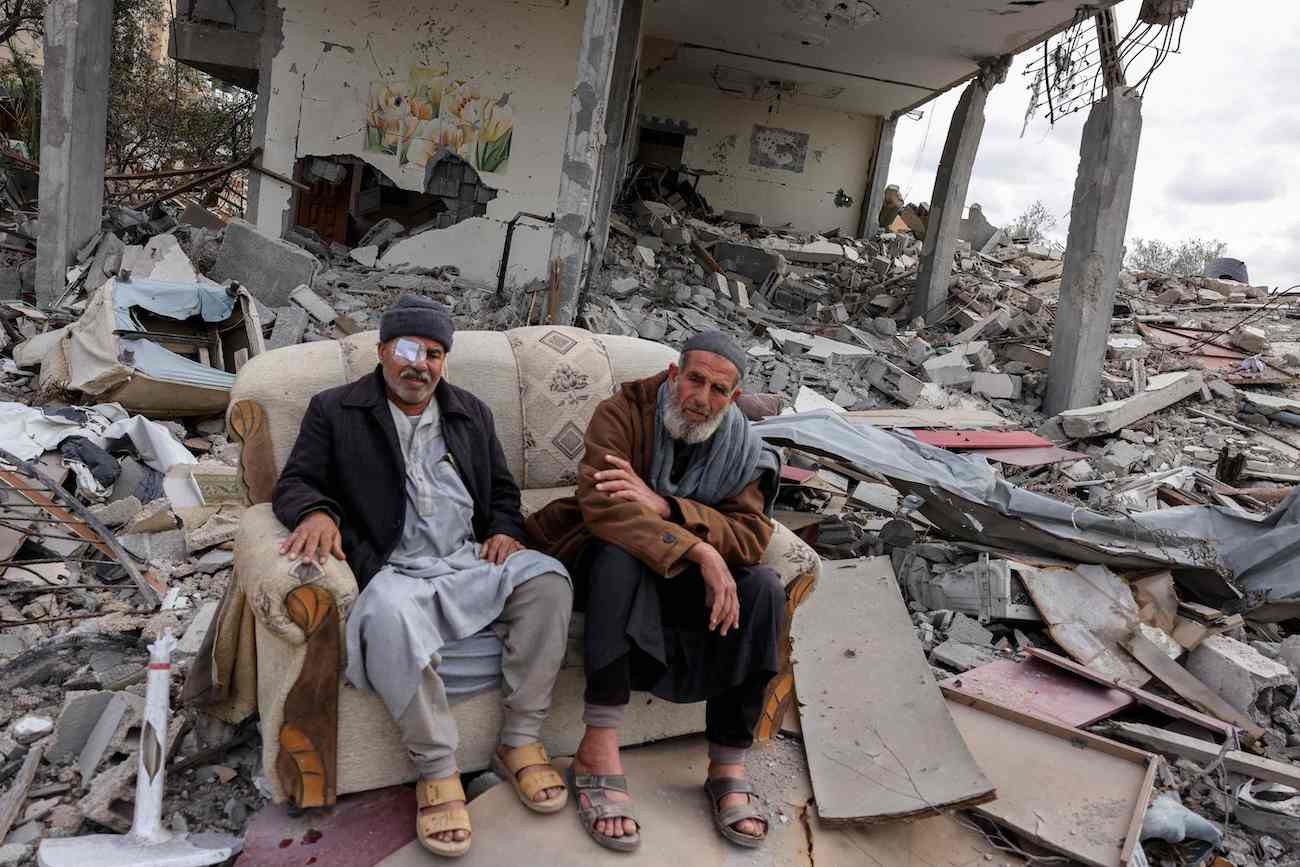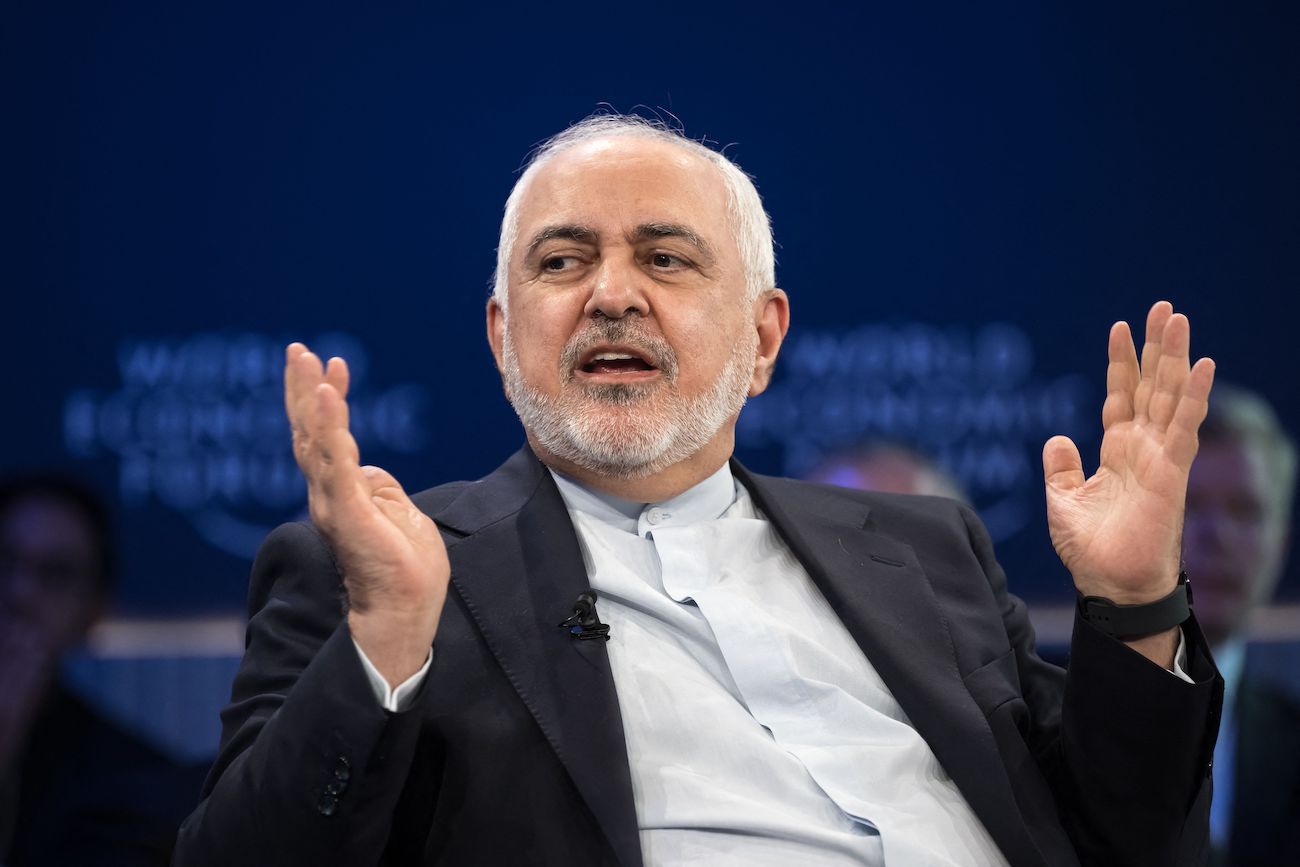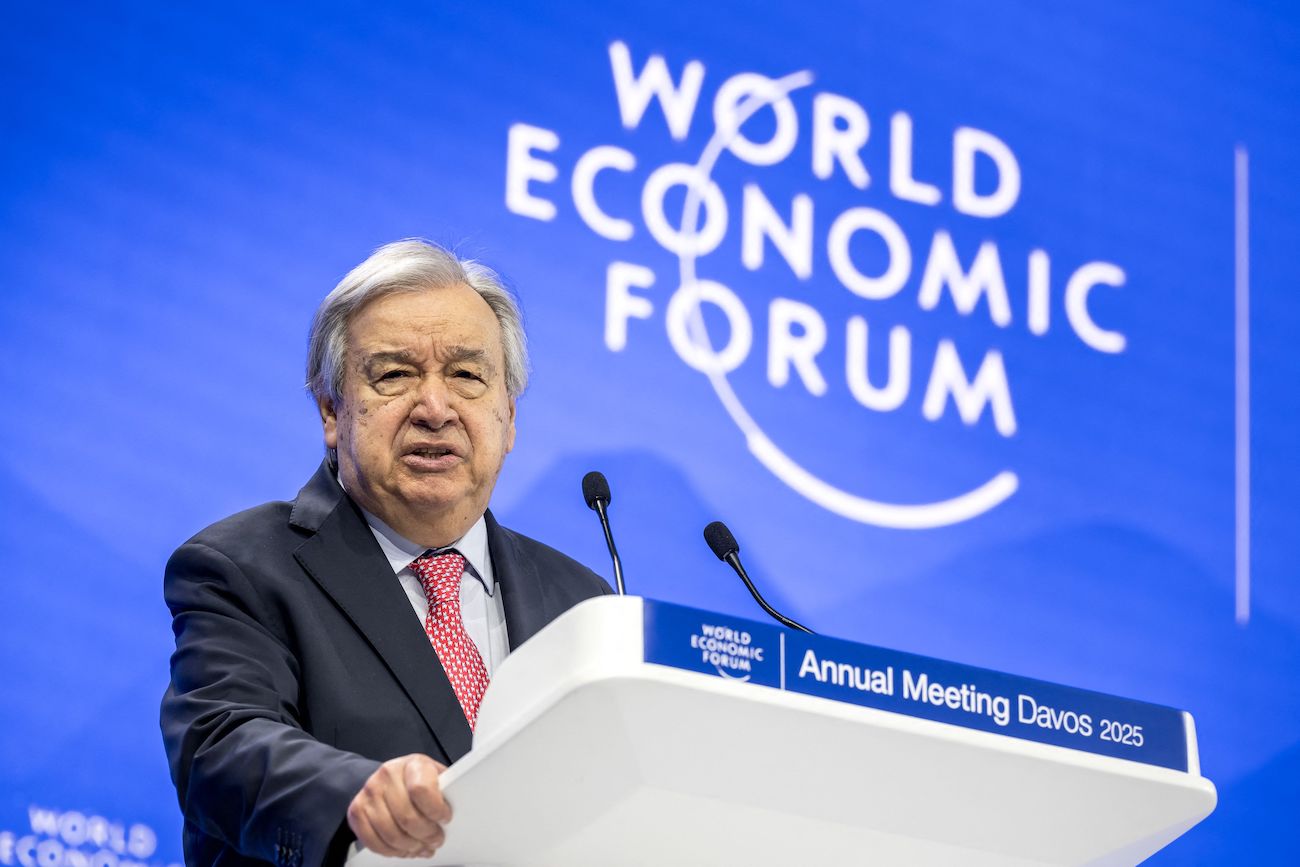CHICAGO: More than a decade after being forced to flee their homes to escape the civil war, Syrian refugees face increasingly “dire” circumstances as international attention shifts toward more recent conflicts in the Middle East and the war in Ukraine, according to a top official from one of the world’s leading aid organizations for Syrian refugees.
Speaking during an appearance on The Ray Hanania Radio Show on Wednesday, Mufaddal Hamadeh, a member of the board at the Syrian American Medical Society, said Syrian refugees have essentially been “forgotten” by the rest of the world.
Yet their numbers continue to increase and now exceed 12 million, he said. About half are living in refugee camps in Turkey, Lebanon and Jordan, and the remainder are displaced within Syria. Meanwhile, finding funding for aid remains a challenge, he added.
“Syria’s crisis — Syria’s tragedy — continues to be there, it didn’t die away,” said Hamadeh. “It’s actually getting worse and worse. Since the war started in 2011, Syria has been the biggest catastrophe in the world since the Second World War.
“What happened is that the humanitarian situation is very, very bad and difficult and actually it is getting worse, not better, even though the hostile activities have diminished over the last two years.
“In Syria, over a half a million people died in the last 10 years. Talking about displacement, there are an estimated 5.6 million refugees in the surrounding countries. But on top of that there are 6.9 million refugees internally displaced inside Syria.
“Last year the number of people that needed assistance was estimated to be 14.3 million. Today that number has increased to over 16 million people that need assistance. So, on top of the refugee crisis and the displacement, there is an economic collapse and there is a calamity right now happening in Syria. About 70 percent or more, 75 percent or more, (of people) in Syria, by World Health Organization classifications, are now below the poverty level.”
Hamadeh said there are also about 800,000 refugees living in Germany and smaller numbers in other countries, including in the US.
With conflicts breaking out or escalating elsewhere around the globe, including in Ukraine and Yemen, the attention of the world is now focused elsewhere, but the Syrian refugees are not going to go away, he added.
“Everything that happened was documented,” said Hamadeh. “Everything that happened is unfolding right in front of our eyes. The international community chose to turn a blind eye to what happened in Syria. We chose not to act swiftly. We chose not to hold the people who did this accountable. And we chose to be deaf to the screams of the innocent women and children in Syria.
“So, what happens in Ukraine is a natural progression. What happens, as (Albert) Einstein said once, is the world will not be destroyed by the people who do evil but by the people who watch them do it and say nothing.”
The majority of Syrian refugees are women with young children who have been born into displacement and are growing up in a desperate situation that offers them no future beyond one of poverty and continued suffering.
“Most of the refugees in the world are women,” said Hamadeh. “More than two-thirds of them are women and children. The thing is, when I go 10 years later to (visit) the refugees, I see those camps are filled with children.
“Most of these kids don’t go to school. Most of them haven’t been to school and haven’t had a chance to have a normal life. They are prisoners in their camps. They don’t have an opportunity to learn. They don’t have an opportunity to interact with the host community. They don’t have an opportunity to learn a vocation or a job. And by the end of the day, we call those the last generation.”
Hamadeh also described the desperate plight of the women of Syria.
“Women have suffered the most,” he said. “Women are the biggest victims. They bear most of the responsibility for bringing up those kids. They are the ones mostly neglected or abused and forgotten.
“What happens is many men go to work or they go to war or they die. The rest of the suffering is left on many of those women, who are at a major disadvantage in terms of having their rights, their healthcare and their education compared to men.”
SAMS was founded in 1998 as a social organization but now provides healthcare and medical relief for millions of Syrians.
When the war began in 2011, the budget for SAMS was $750,000. Its funding peaked at $42 million in 2017 but it has steadily declined since then and the COVID-19 pandemic has had a major effect on its ability to provide services.
Last year, SAMS treated 2.2 million refugees, with most of its work taking place in northwestern Syria. The society, which has offices in Lebanon, Turkey and Jordan, employs 1,800 healthcare professionals and manages 11 hospitals and 12 clinics. All of its medical services are provided free of charge. It also delivers training for nurses and doctors. In Lebanon, it works not only with refugees from Syria but also those from Palestine, along with Lebanese people displaced by previous conflicts.
Hamadeh said the plight of Syrian refugees is exacerbated by the fact that the Syrian government provides no services, job opportunities or other assistance to help them rebuild their lives. Many, he added, are afraid to return to their home towns after so many years of conflict.
“Many were born as refugees,” he said, and have no knowledge of the home or lands of their parents.
“It is so easy to build a refugee camp,” Hamadeh added. “Closing a refugee camp is almost impossible."
The Ray Hanania Show is broadcast live every Wednesday at 5 p.m. EST on WNZK AM 690 radio in Greater Detroit, including parts of Ohio, and WDMV AM 700 radio in Washington D.C., including parts of Virginia and Maryland. The show is rebroadcast on Thursdays at 7 a.m. in Detroit on WNZK AM 690 and in Chicago at 12 noon on WNWI AM 1080.
You can listen to the radio show podcast here: www.arabnews.com/RayRadioShow


















